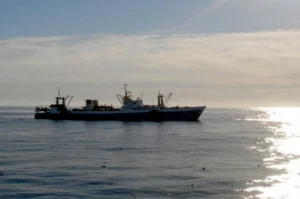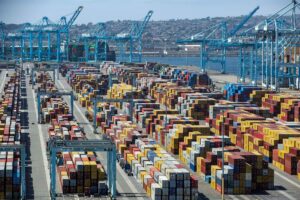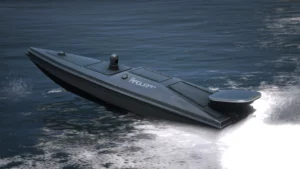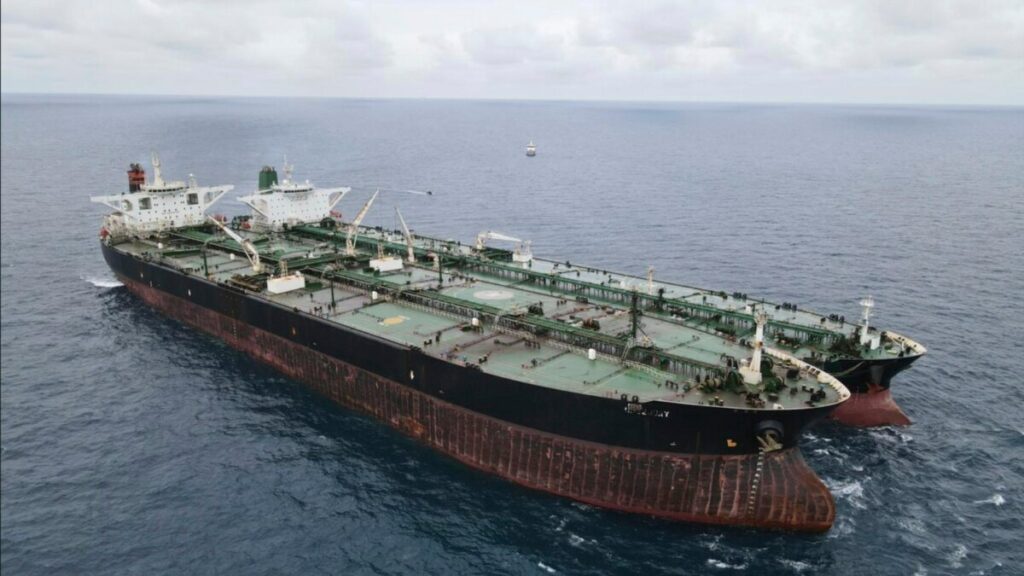For the second time in a month, russian federation blocked ship inspections
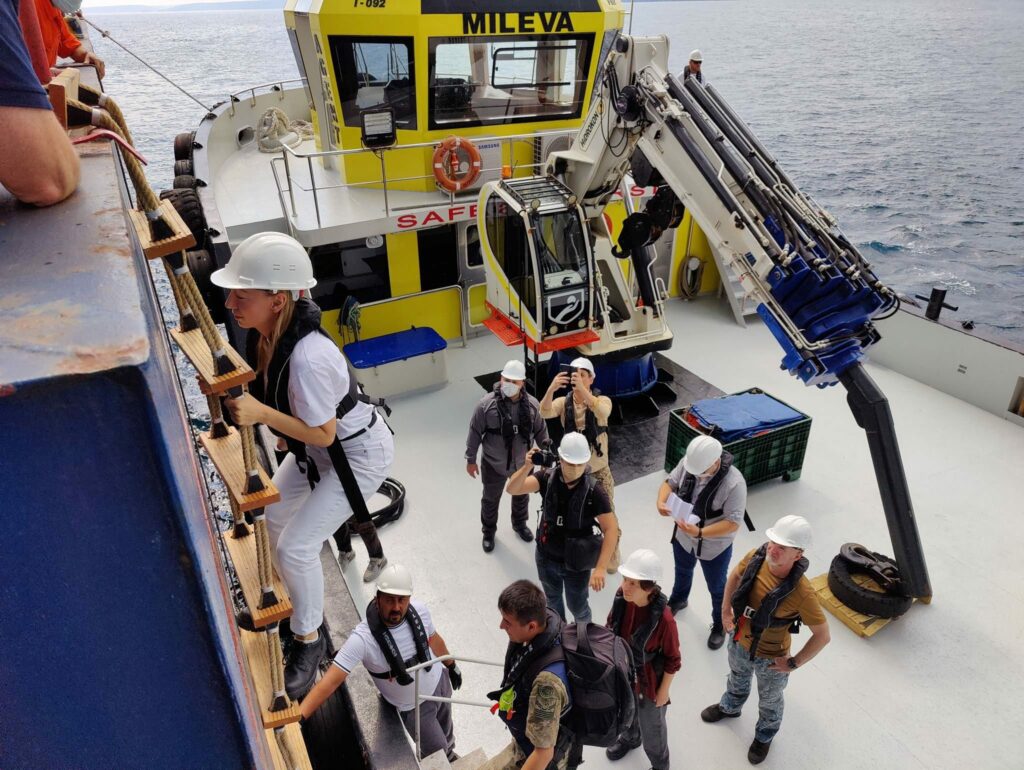
Today, russia again blocked the inspections of ships within the framework of the “Grain Agreement” in the Bosphorus. This has already led to a reduction in exports by 15-18 million tons.
On Monday, April 17, the russian side blocked ship inspections in Turkish territorial waters for the second time in a month, the Ministry of Infrastructure of Ukraine reports .
“Since April 10, the russian side in the Joint Coordination Center (JCC) has unilaterally stopped the registration of vessels submitted to Ukrainian ports for the formation of an inspection plan. Instead, the russians are forming their own inspection plan, choosing vessels from the queue at their discretion, which is completely contrary to the terms of the Initiative and unacceptable to Ukraine,” the ministry said.
Yes, for the second time in 9 months of work, “Grain Initiative” did not draw up an inspection plan and did not inspect a single vessel.
Read also: Inspection of ships in the SCC is blocked only by russia.
The ministry emphasizes that this endangers the functioning of the Grain Initiative.
“Since November 2022, the russians have been sabotaging and delaying inspections under various pretexts, which has already led to a reduction in the volume of exports of Ukrainian agricultural products to world markets by 15-18 million tons,” the department noted.
Also, since April, russian representatives of the SCC have been trying to interfere in the activities of Ukrainian ports and exporters.
“This happens by imposing its own criteria for determining specific vessels that will participate in the Initiative. For example, since April 14, the russians, without any explanation, have refused to register three vessels (2 of which are bound for China), for which cargo is already waiting in the “Pivdenny” port, – the ministry adds.
In this way, the russian side is trying to establish control over the number of loaded fleet and directions of its work. This is a violation of international norms and regulations of the Grain Initiative.

